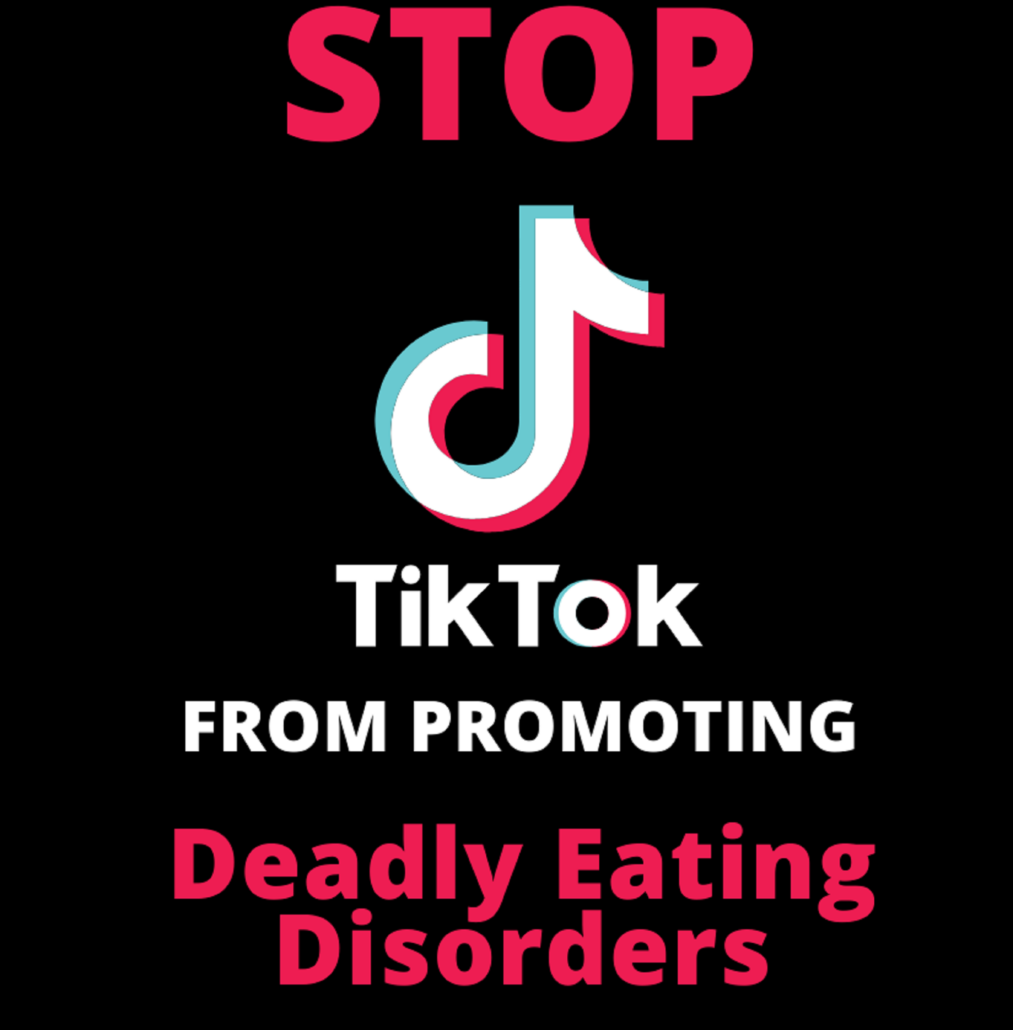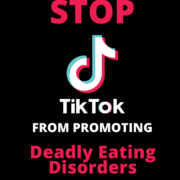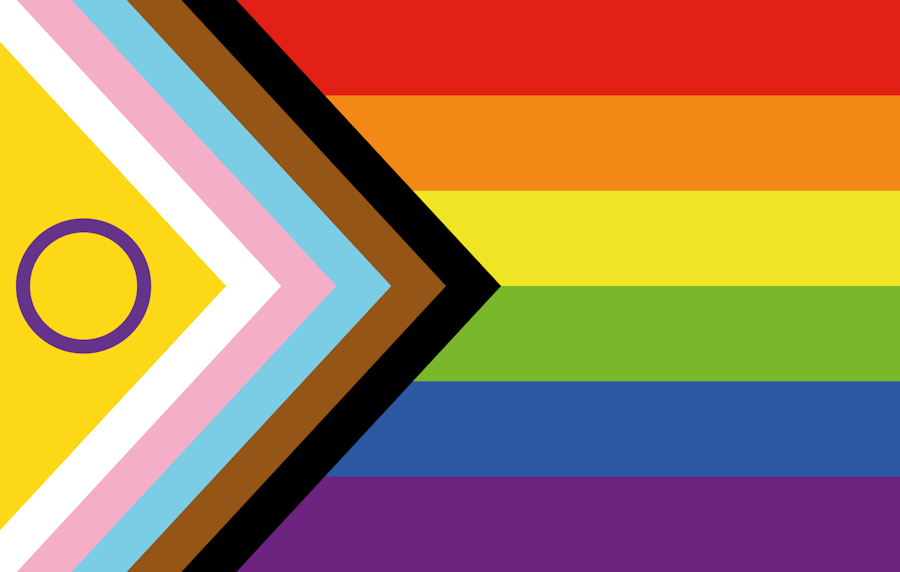
TikTok and Its Effect On Your Teen
TikTok and Its Effect On Your Teen by Rebecca Manley, MS, CTC, CCTP, MEDA Founder
Dieting is the most common precipitating factor in the development of an eating disorder. In the United States alone, 30 million people struggle with an eating disorder and every 62 minutes someone loses their life due to direct complications of their eating disorder.
As a teen coach, recently I have had increasing numbers of clients talk about the weight loss posts suggested to them on TikTok AND how these posts are harming their mental health and well-being.

41% of TikTok’s 800 million monthly users are between the ages of 16-24. This age group is already at a heightened risk of eating disorders and to encourage them to diet further is can be detrimental to their long-term mental and physical health. By promoting dieting and weight loss, as well as before and after transformations, TiKToK is perpetuating dangerous weight stigma, which is the second most common type of discrimination after gender. Weight stigma can increase body dissatisfaction, a leading risk factor in the development of eating disorders.
Adults think with their prefrontal cortex, the brain’s rational part, which helps with decision making, good judgment and an awareness of long-term consequences. On the other hand, teens tend to process information with the amygdala, the emotional part of their brain. In teen’s brains, the connections between the emotional part of the brain and the decision-making center are not fully developed until age 25 or so.
TikTok exposes tweens/teens with developing brains to weight loss messages constantly. Currently, children of any age can view these harmful messages and videos. TikTok accounts #dailyweightlosstips has 560 million views and #weightloss transformation (fat phobia fuel) has 28 million.
Many of these viewers are watching the videos, comparing themselves, which may lead them to engage in unhealthy behaviors, such as skipping meals, using fad diets, drinking home-made weight loss concoctions, drinking diet teas or excessively exercising. Our teens are not aware of the health risks associated with these actions. Dietary supplements, like teas and powders, are associated with serious health risks and side effects including organ failure, testicular cancer, heart attack, stroke and even death.
What can you do to protect your child?
*Talk with your child about the dangers of dieting and engaging in diet culture.
*In addition, watching weight loss videos and engaging in unhealthy weight loss behaviors leads to body dissatisfaction. The result of these behaviors can result in the development of a deadly eating disorder. They certainly result in lowered self-confidence and increases in anxiety and depression.
*Be a positive role model and talk about your body in an affirming way.
*Focus on health not weight in your house. Don’t push your child to eat and don’t push your child to restrict.
*Promote body positivity and diversity in your home and community.
*Discuss the importance of appropriate activity with your child. Emphasize the importance of moving for pleasure and how it helps our bodies feel better. Do not equate exercise with weight loss.
*Monitor your child’s social media use. Children under the age of 11 (6th grade) should not be engaging in social media.
*Slowly add social media to your child’s technology diet. Add one app at a time. See how they handle one before adding more. In addition to people, consider following a nature, cultural or arts app.
*Friend or follow your child on all social media outlets.
*Sign the TikTok petition at https://bit.ly/3cwTqdS to ensure that children under the age of 18 are unable to post or view videos under all weight loss categories.
If you think your child maybe struggling with an eating disorder or poor body image, MEDA can help. Contact us at info@medainc.org or call us at 888-350-4049. THE SOONER THE BETTER







